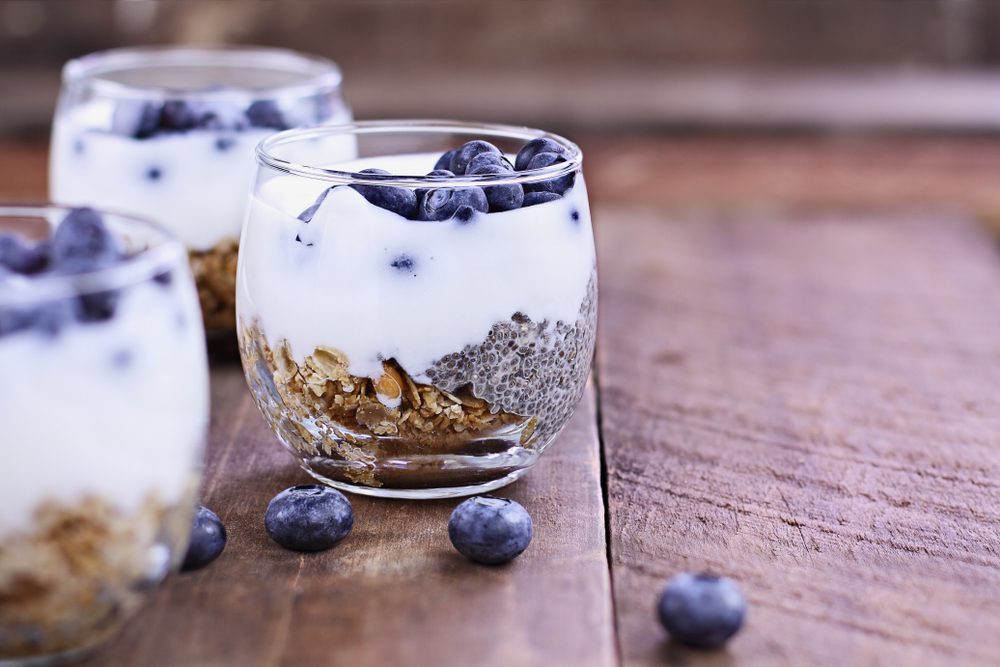The Power Of Probiotics: Why They May Not Just Be A Fleeting Health Fad
Ever wondered about probiotics? These tiny powerhouses aren’t just a fleeting health fad; they’re essential for digestive harmony. Probiotics are live bacteria and yeasts naturally present in the body. They can also be found in certain foods and supplements.

They play a vital role in balancing the microorganisms that live in the gut. They also help ward off harmful germs, combat dysbiosis (an imbalance of gut microbes), and fortify your immune system. In essence, they’re the superheroes of your digestive tract.
The Multifaceted Benefits of Probiotics
Probiotics offer a plethora of benefits beyond just gut health:
- Healthy Digestion: By balancing the gut microbiome, probiotics promote smoother digestion and nutrient absorption, potentially alleviating gastrointestinal issues like constipation and irritable bowel syndrome (IBS).
- Immune Function: A robust gut means a robust immune system, capable of fending off harmful pathogens and bolstering overall health.
- Skin Health: Probiotics’ ability to combat various microbes extends to skin health, potentially aiding in conditions like acne and atopic dermatitis.
- Vaginal and Urinary Tract Health: Emerging research suggests probiotics may help prevent urinary tract infections because they maintain a healthy microbiota balance.
- Weight Management: Some probiotic strains are said to help with weight loss, and incorporating them into your diet may also reduce the risk of obesity.
- Inflammation Reduction: Probiotics possess anti-inflammatory properties, potentially lowering inflammatory markers in the body.
- Mood and Cognitive Function: Early research indicates a link between gut health and mood regulation, with probiotics potentially influencing cognitive function via the gut-brain axis.
Who Benefits from Probiotics?
While probiotics offer widespread benefits, not everyone requires supplements. Those with a balanced diet rich in fermented foods and prebiotic fiber may already maintain optimal gut health. However, individuals with specific digestive disorders or those on antibiotics may benefit from probiotic supplementation, although personalized advice from healthcare professionals is paramount.
Probiotic-Rich Foods
Enhancing your gut health can be as simple as incorporating probiotic-rich foods into your diet:
- Yogurt
- Sauerkraut
- Kimchi
- Kefir
- Cheddar and gouda

Navigating Potential Side Effects
While generally safe, probiotic supplements may carry risks, particularly for individuals with compromised immune systems. Consultation with healthcare providers is crucial, ensuring personalized recommendations align with individual health needs and medical history.
In essence, probiotics aren’t just a passing trend—they’re the cornerstone of gut health and overall well-being. So, embrace these friendly bacteria, and let them pave the way to a healthier you!
